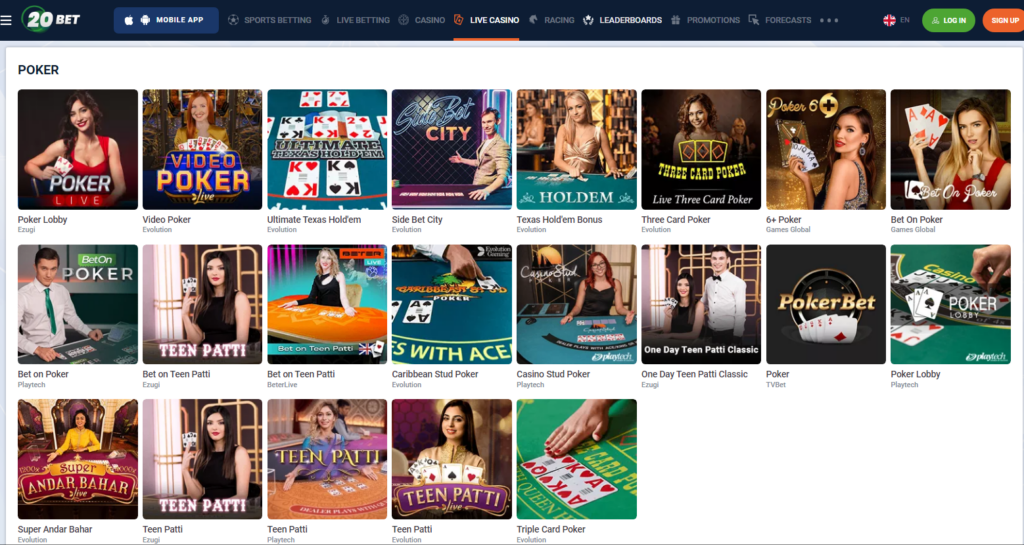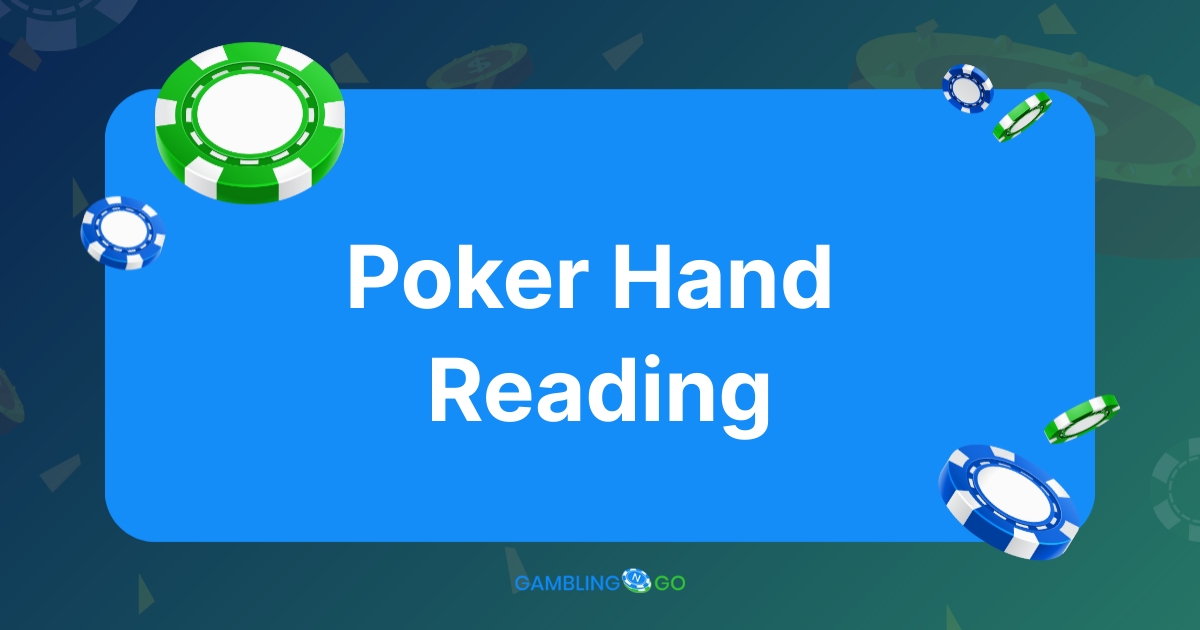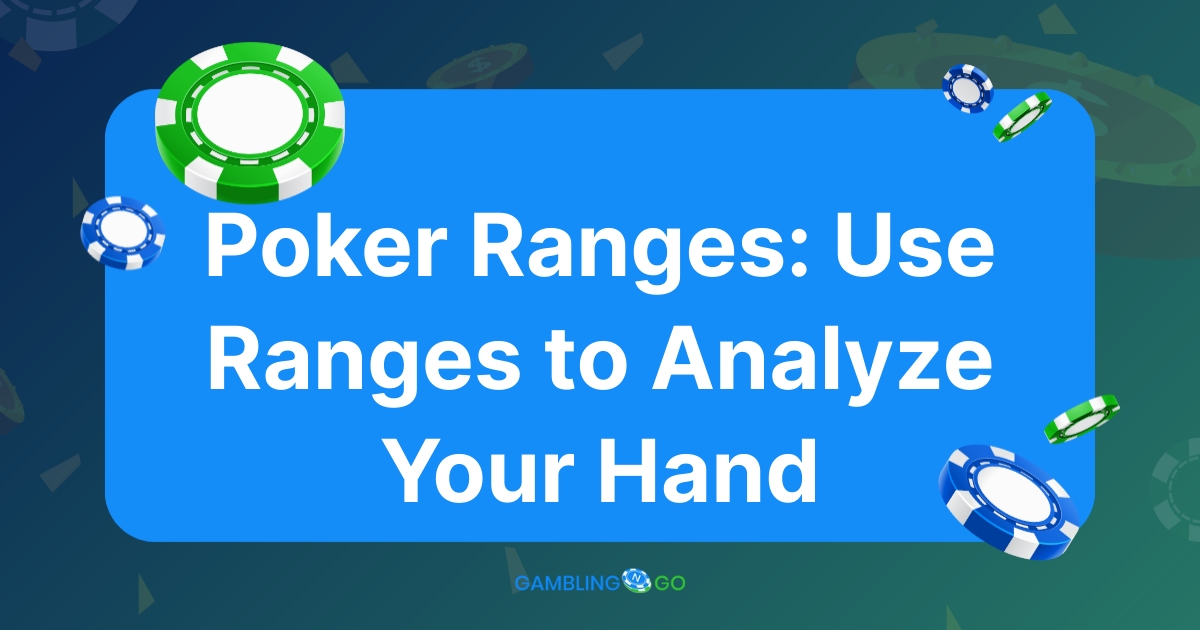Poker is a game of skill more than anything, so to master it, you will need a lot of practice and some luck. But apart from this, you should also know poker strategy and valuable tactics. Lucky for you, our experts here have created the following list of 11 poker tips designed to help you become a better poker player. Read the tips, and please note that we’ve focused our tips on Texas Hold ‘em primarily, as this is by far the most popular poker version online. Also, remember that you can’t win every round of poker, but you can learn from every round you play.
Quick Jump ⇣
Learn Hands & Rules
Our first tip is an obvious one: to become a good poker player and master the game, you need to learn the rules of the game and learn the poker hands. Learn which card combinations have potential and which don’t, and be humble enough to let go of a weak hand. Because the aim of Texas Hold ‘em is to make the best five-card hand out of your two-hole cards and the five community cards, knowing the hand rankings and the possible combinations and usefulness of connector cards must be essential to your poker strategy.
Credit: 20Bet
Try some of the varied poker offerings by joining 20Bet!
Claim your Welcome Bonus Now!Learn the Odds & Outs
Like all card games, poker also has odds. The poker odds are a fast way to gauge your chances of hitting a hand compared to the size of the bet you must place. You can calculate the poker odds quickly, as these are easy math calculations that give reliable results. The pot odds in Texas Hold ‘em are helpful when you play a hand that you believe has moderate strength but not enough to win the pot. In that case, you get the “outs” or the cards that, if drawn in the community cards, will give you a strong winning hand. Learn the odds and outs, as these will determine the chance of making the draw and raising your winning potential.
Play Low-Stakes Games to Learn Strategy
Low-stakes poker games may seem tedious, but these are an excellent training ground where you can hone your poker skills. You won’t have to sacrifice a lot of money, but you will get a chance to play against multiple opponents with various skills, some less and some more experienced than you. It will provide you the opportunity to see where you stand with your poker knowledge and test your Texas Hold ‘em strategy. Still, it is an excellent opportunity to observe the other players and learn about usual and unusual poker table behavior.
Position is Vital
The position you play on the poker table is vital for applying different poker strategies. The later you are to make a move on the poker table, the better position you have. The last player to make a move in the poker round is called the in-position player, as they see the opponent’s actions and have the longest time to think and act before the next street. It is also a great place to make a continuation or c-bet when you have a promising hand, and you think you can outplay your opponents. Playing in position also lets you play with a broader range of card hands than other players.
Observe the Action
Always observe the action around you and try to categorize the players. Try to gauge who is the strongest and who is the weaker player and adjust your strategy accordingly. Watch the various players’ actions pre-flop, when they raise, bet, or check, and note the bet sizes. Your observation should include the showdown, as this provides insight into their decision-making and strategy.
Credit: Karamba
Join Karamba and play various poker games!
Claim your Welcome Bonus Now!Aggressive Play Pays Out Better
When in doubt, assume an aggressive play. Your poker strategy should focus on playing hands that have playable potential and play them aggressively. It will allow you to play even hands that start with medium strength and disguise their strength. If you raise, you will make your opponents think you have a strong hand, and they will be likelier to fold, which will award you the pot.
Play the Player, Not the Game
Observing the action will help you learn from your opponents and note their playing style. After you identify their playing habits, you can use these against them and adjust your strategy accordingly. The goal in poker is not to have the best hand but to outplay your opponents, which is why our experts have emphasized this rule. For example, if you play against a player who loves calling, exploit this feature and place bets they will call; when you play against a tight-aggressive player who does not play too many hands but plays high-value bets, use this to your advantage and make big bets or bluffs.
Be Mindful of Bluffs
To be a truly great poker player, you must master the ability to bluff, as poker bluffing is essential for effective play and winning high prizes. The goal of bluffing is to raise a bet and make your opponent believe you have a better hand than you do, making them fold. An effective bluffing strategy is to rely on your current hand, as it will determine if you can or should bluff. You can bluff if you have a hand with good odds, and you expect an out on an upcoming street that will improve your winning chances. It is a reliable plan in case your bluff gets called, and you continue the round.
Know When to Fold
Note that you can’t play every poker hand you are dealt; this is a prevalent mistake most beginner poker players make. Instead, referring to our first rule, learn the poker hands and know which card hand is unplayable. It may seem like a defeat to fold, but statistically, you should only play about 20% of the hands you are dealt, so folding pre-flop is often a viable strategy. Knowing when to fold is vital to avoid throwing away chips and money.
Don’t Play to Feel Better
Never play poker to make yourself feel better; only play poker when you are feeling good. If you play poker when you are emotionally down to cheer yourself up, you risk making basic mistakes and losing money. Your performance will be better when you are in a good mood, as poker is a mentally demanding game. If you are frustrated, sad, or angry, these feelings will multiply during the game, and you’ll surely lose your stack of chips. This tip is especially important if you play in a poker tournament that has scheduled games, so try to relax and get in a positive mood before you sit at a poker table.
Credit: Wazamba
Check out the Wazamba online poker offer and test your poker skills!
Claim your Welcome Bonus Now!Don’t Rush: Enjoy your Poker Time
Don’t rush into anything, as poker is and should be played for entertainment. Even professional players don’t play at every table they are invited to but prefer to play for fun. Leave your ego at the door, don’t try to show off, but play to win and enjoy. Make sure you check out the other players at the table and continue to play if you see that you are better than most of the players, as this is the best way to ensure you’ll consistently win the pot.
















